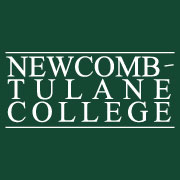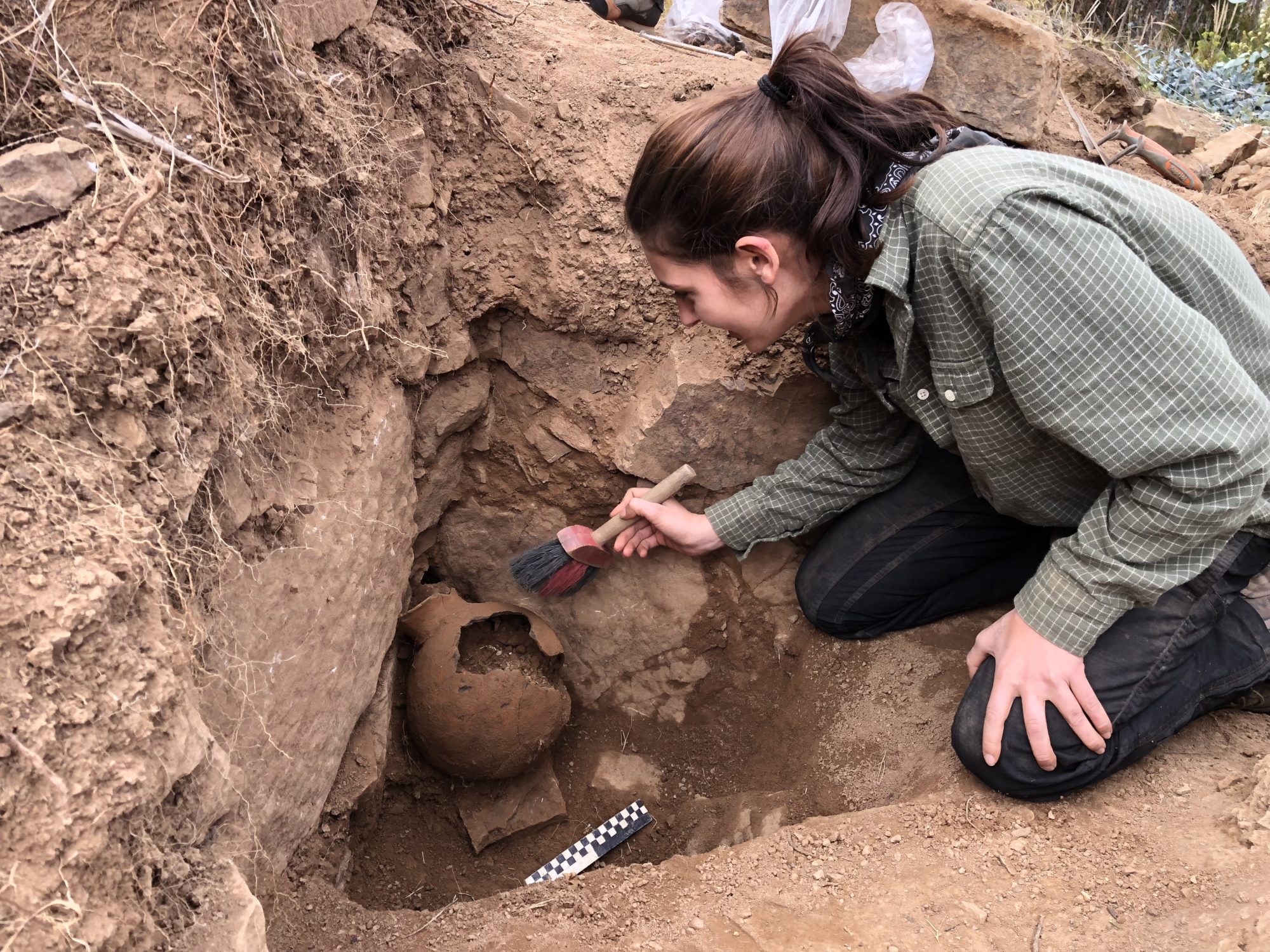Thanks to funding from the Newcomb-Tulane College, this summer, I was able to take my studies in archaeology one step further by spending a month surveying sites in the northern highlands of Peru. For one month, I lived and worked out of the small Andean town of Huari, collaborating with other students and researchers—including two of my Tulane professors— in our excavations and analyses of various nearby sites. As a senior majoring in history and anthropology, this opportunity afforded me hands-on experience like no other.
Over the course of my month in Peru, I conducted surveys of a variety of highland sites, both previously examined and newly uncovered, in order to gain a practical understanding of how archaeological fieldwork is conducted as well as to learn how recovered artifacts are handled, processed, and interpreted. Further, in order to apply some of the principles of analysis I learned both in the classroom and in the field, I conducted my own surveys at three sites with previously determined presence of rock art, two of which contain associated funerary sites. This data will be turned into an Honors Thesis over the course of this academic year, in which I will analyze not only the significance of the rock art itself but further, the implications of creating symbolic art innately tied to the landscape.
Aside from the archaeological education that I gained, the experience of living in a small Andean community which few outsiders ever visit was incomparable. I feel truly privileged to have been able to interact with, live alongside, and learn from the community of Huari, particularly as I participated in studies focused on sites utilized by cultures regarded as their direct ancestors. Contemporary inhabitants of Huari view the principles of community and kinship with utmost reverence; thus, being able to form even small relationships with locals in my relatively brief time there was extremely rewarding and helped me understand modern relationships with archaeological cultures and artifacts from an ethnographic perspective. I plan to further explore these social relationships in my undergraduate thesis throughout this year.
This unparalleled experience was made possible through a generous grant from the Newcomb-Tulane College, which helped fund my travel, and I am incredibly grateful for their willingness to afford me this unique opportunity. I look forward to continuing my study of Huari, its present, and its past through completion of my thesis, and I anxiously await my next opportunity to return and continue learning.
Written by Alana Garvey, Lurcy Grant recipient, 2018

